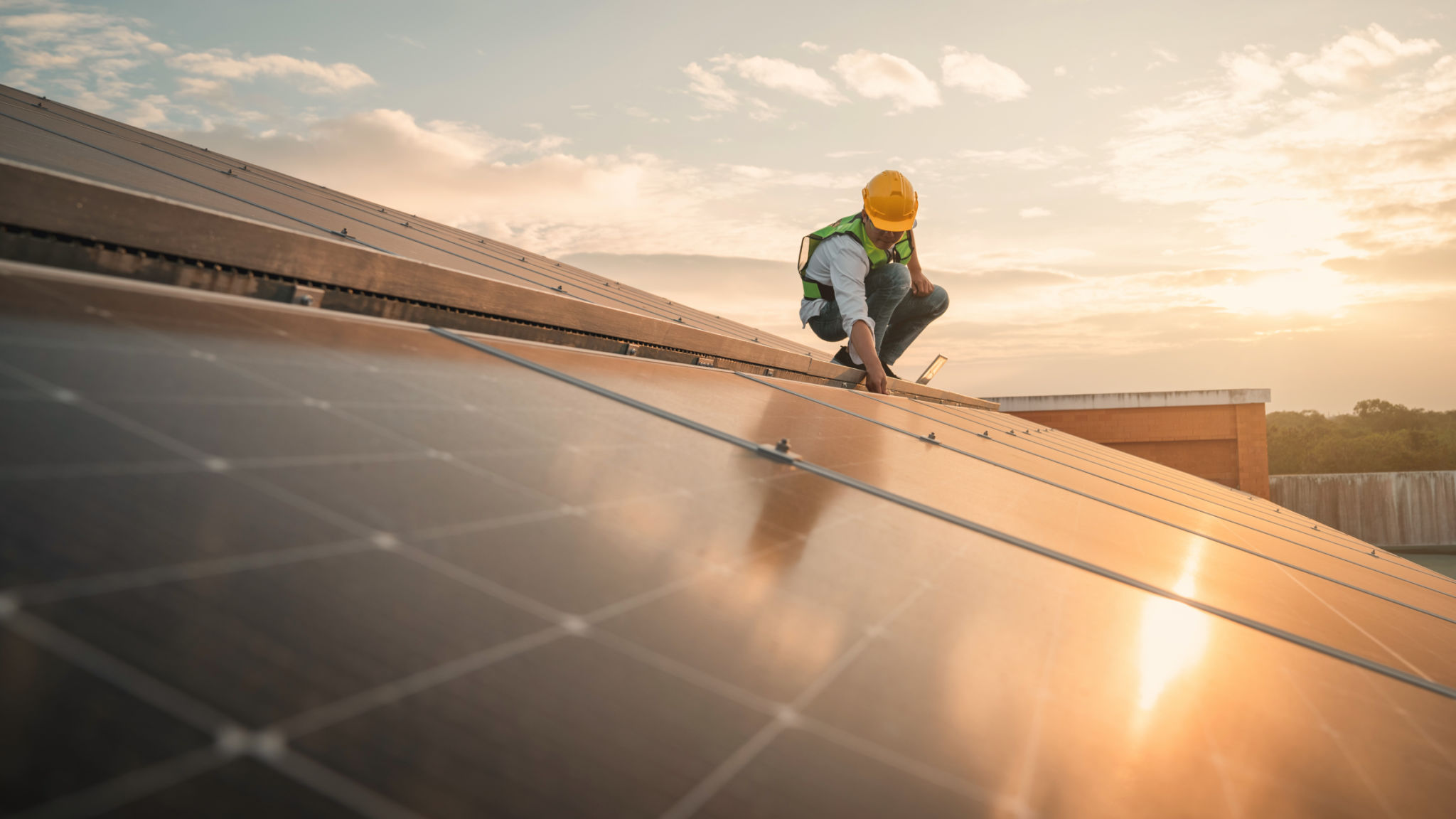Expert Insights: Legal Considerations for Solar Projects in the UK
Understanding the Legal Framework
Solar energy projects in the UK are not only a positive step toward sustainable development but also a complex endeavor entangled in a web of legal considerations. Whether you're a large corporation or a small business looking to invest in solar energy, understanding the legal framework is crucial. This involves navigating through planning permissions, regulatory compliance, and contract law.
Before embarking on a solar project, it's important to understand the relevant planning laws. In the UK, most solar installations require planning permission, particularly if your project is large-scale. Ensuring compliance with local authority requirements can prevent delays and additional costs.

Regulatory Compliance and Licensing
Beyond planning permissions, solar projects must adhere to regulatory compliance. The UK government has set out various regulations to ensure that solar installations meet safety and environmental standards. For instance, projects might need to comply with the Electricity Act 1989 and the Climate Change Act 2008, which promote renewable energy use and set carbon reduction targets.
Additionally, developers may need to secure licenses from Ofgem, the UK's energy regulator. This is particularly relevant for projects looking to sell electricity back to the grid. Understanding these regulatory requirements can streamline the process and ensure that your project is legally sound.
Contracts and Agreements
Contracts play a pivotal role in the execution of solar projects. These legal documents govern everything from land leases to power purchase agreements (PPAs). A well-structured contract can protect your interests and ensure that all parties fulfill their obligations. It's advisable to seek legal expertise when drafting or reviewing contracts related to solar projects.

Land leases for solar farms typically have long-term implications, often spanning 20 years or more. Ensuring that lease agreements are clear and comprehensive can prevent future disputes. Similarly, PPAs, which detail the terms of electricity sales, need to be carefully negotiated to ensure profitability and compliance with market standards.
Environmental Impact Assessments
Many solar projects require an Environmental Impact Assessment (EIA) to evaluate their potential effects on the local environment. This assessment is not only a legal requirement for certain types of projects but also a vital tool for identifying and mitigating environmental risks.
Conducting an EIA involves a thorough analysis of various factors, including land use, wildlife protection, and community impact. By addressing these considerations early in the planning process, developers can enhance project sustainability and gain community support.

Community Engagement and Public Consultation
Community engagement is another crucial aspect of solar project development in the UK. Public consultation can help identify local concerns and build support for the project. Engaging with stakeholders early on can ease the planning process and foster positive relationships with the community.
Developers should aim to be transparent about their project's objectives and potential impacts. Creating opportunities for public input and addressing concerns proactively can enhance community trust and lead to smoother project implementation.